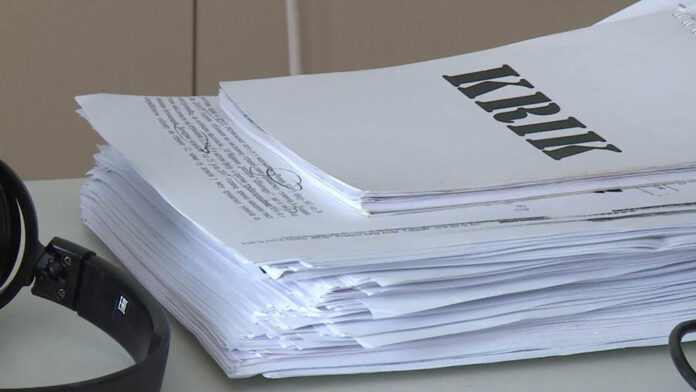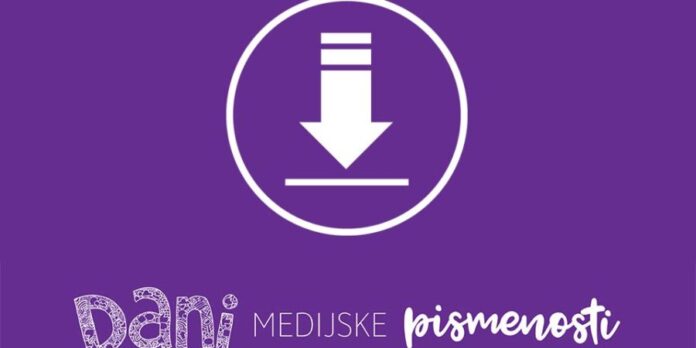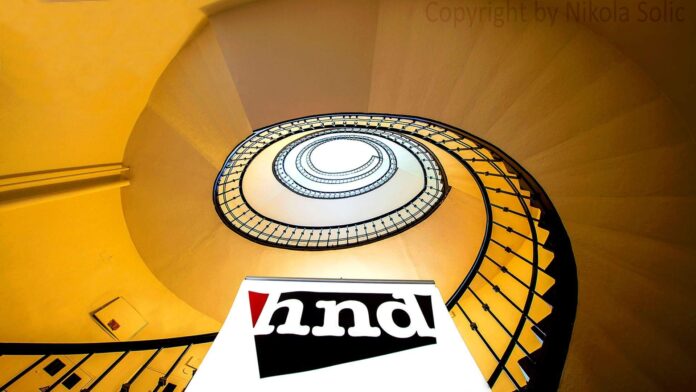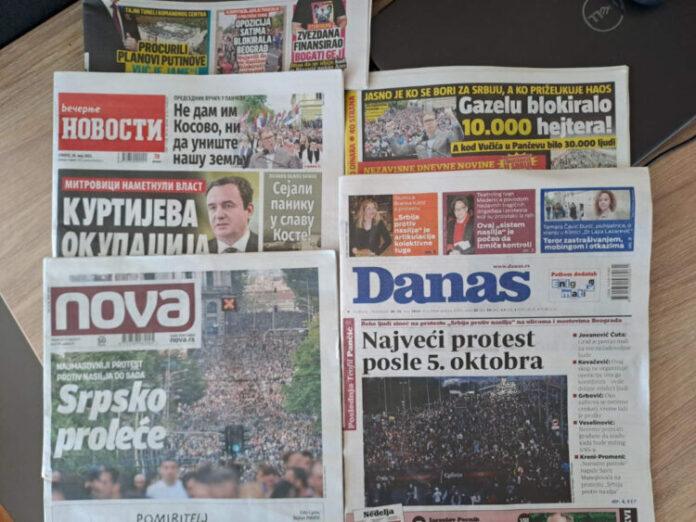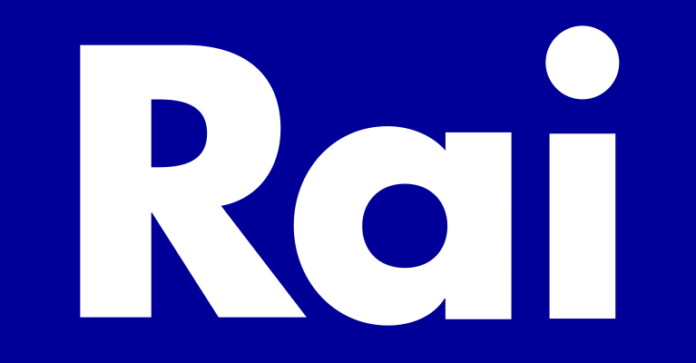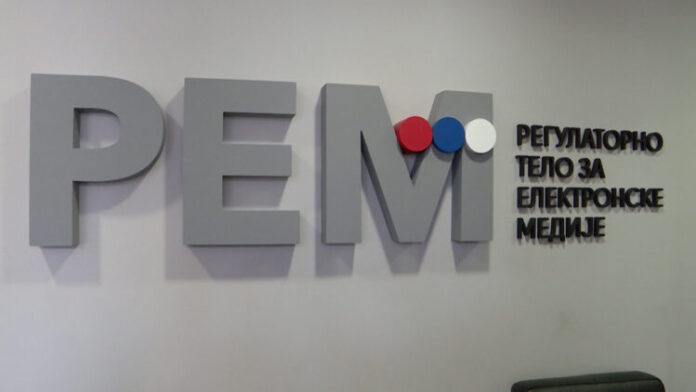Freedom House said in its latest Nations in Transit report that Serbia’s ranking had not changed in the year since its previous report.
It said that there were no score changes for Serbia in 2023, keeping it classified as Transitional or Hybrid Regime.
The report said that in 2022, Serbia made an important step towards a return to political pluralism with the participation of the opposition in elections at all levels following the electoral boycott of 2020 but that this was not the result of improved electoral conditions or changes in the behavior of the parliamentary majority but a consequence of the opposition’s change in strategy. “Apart from certain minor improvements, the 2022 elections were marred by the same problems as in previous ones,” the report said.
It said “negative developments concerning media freedom continued in 2022” with the Regulatory Body for Electronic Media (REM) extending national broadcasting licenses for another eight years to four strongly pro-government TV stations that, according to REM’s own reports, did not fulfill their commitments and conditions for having licenses. REM also failed to allocate the 5th national broadcasting license postponing the decision indefinitely. The report said that all this is an argument to assess REM as acaptured institution.
The majority state-owned Telekom Serbia is considered an instrument of state control over the media sector in the report. “Telekom continued to assert its dominance as a cable provider and pushed back on the private enterprise SBB, owned by United Group. Promotional campaigns against SBB were even conducted in public institutions. The importance of the struggle between the two rival companies — Telekom and United Group — goes far beyond a commercial competition, bearing in mind that Telekom’s network does not broadcast the country’s main critical news channels, N1 and Nova S,” the report said and warned that the duopoly of the two companies on the market, “where there is only a thin line between commercial and political interests”, represents a serious threat to media freedom in Serbia.
According to the report, civil society and independent media work in a hostile atmosphere where smear campaigns by ruling party officials and pro-government media are common. “There is a high degree of distrust towards the government from civil society and journalists’ associations …. a large part of the civic sector and independent media finds itself under unjustified investigation for money laundering and financing terrorism in the infamous “Spisak” case from 2020, which remains unresolved”.
The report warned of a step backward in protecting the freedom of assembly when the Interior Ministry banned the Pride parade planned for September 17, which was to take place as part of a week-long EuroPride event in the capital Belgrade. “The ban went against an established and practiced right (since 2014) but also against decisions by the Constitutional Court,” it said and added that freedom of assembly was also jeopardized through fines issued in 2022 to citizens who took part in ecological protests in late 2021.
The report noted that the Serbian government did not impose sanctions against Russia in 2022 but voted with EU member states in the UN General Assembly to condemn the Russian invasion and suspend Russia’s participation in the UN Human Rights Council. “Growing right-wing extremism in Serbia has led to threats against journalists who report about the war, and polls have shown for the first time that more than 50 percent of Serbian citizens are against EU membership.
“The trial of the Veljko Belivuk gang, arrested on charges of murder, kidnapping, and rape, began in October. While the government presents the case as evidence of its fight against organized crime, the accused gang members have spoken out about their links with the ruling parties during the trial. Other major corruption and organized crime cases, such as the trial of the former state secretary in the Interior Ministry, Dijana Hrkalović, and Jovanjica plantation owner Predrag Koluvija, have led to mutual accusations between government officials and public servants of alleged links with organized crime. These cases strongly suggest that the government fight against organized crime is related to intraparty struggles in the ruling coalition,” the report said.



